Having a robust immune system is more important than ever in the fast-paced, polluted, and processed food-filled world of today. As your body’s defensive mechanism, your immune system guards against dangerous bacteria, viruses, and long-term diseases. The good news is that with the right diet, careful supplementation, and astute lifestyle adjustments, you can naturally strengthen it.
This thorough manual examines immunity-boosting practices that you may incorporate into your everyday life to feel more energised, strengthen your resilience, and improve your overall health. Read more at Harvard T.H. Chan School of Public Health – The Nutrition Source: Immunity and Diet
The Significance of a Robust Immune System
Your body’s immune system functions as a kind of personal security guard. It detects dangerous intruders like bacteria, viruses, and poisons and then puts forth endless effort to eliminate them. You are more susceptible to infections, allergies, exhaustion, and even chronic illnesses like autoimmune diseases when your immune system is weak.
In addition to preventing disease, a robust immune system also promotes healing, reduces inflammation, and enhances general health.
Nutrition: Developing Internal Immunity
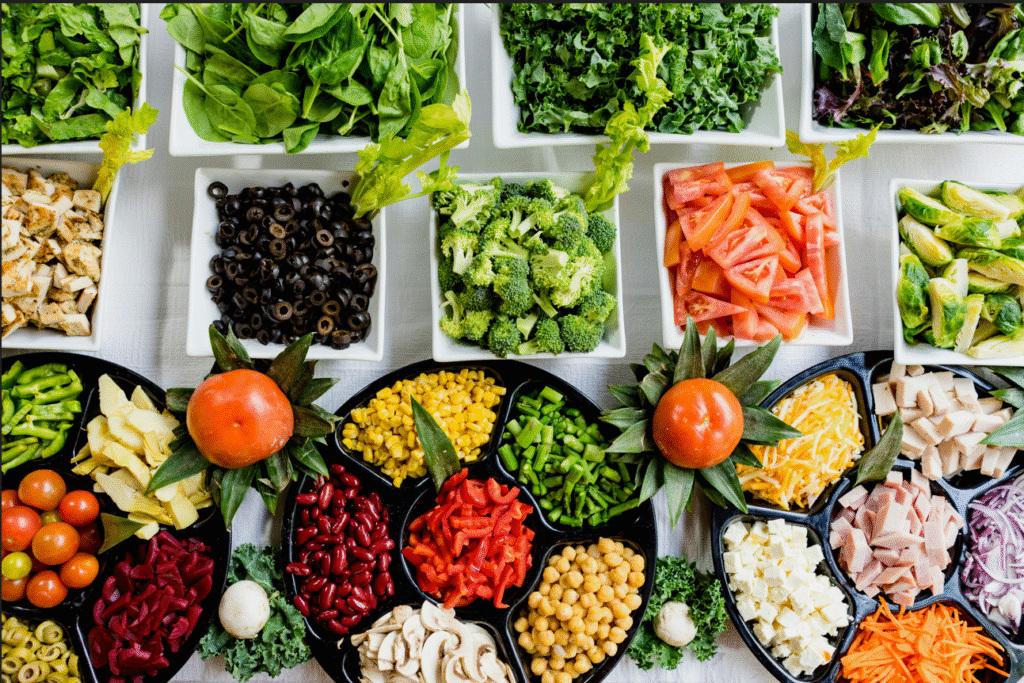
1. Consume an assortment of fruits and vegetables.
Foods derived from plants are high in vitamins, minerals, and antioxidants that strengthen the immune system and combat free radicals. Vitamin C, vitamin A, and phytonutrients found in vibrant foods like berries, oranges, spinach, broccoli, and bell peppers help to maintain the vigour and responsiveness of immune cells.
2. Set Priorities The protein
Amino acids, which are necessary to produce antibodies and immune cells, are found in proteins. Your daily diet should consist of lean meats, poultry, fish, beans, eggs, nuts, and seeds. Chickpeas, lentils, and quinoa are great choices for plant-based diets.
3. Incorporate Foods High in Probiotics
Immunity and gut health are intimately related. Since the stomach contains about 70% of your immune cells, eating foods high in probiotics, such yoghurt, kefir, kimchi, sauerkraut, and kombucha, is crucial. These nutrients immediately boost immune defence by fostering a healthy gut flora.
4. Good Fats to Lower Inflammation
Chia seeds, flaxseeds, walnuts, and fatty fish (salmon, sardines, and mackerel) are good sources of omega-3 fatty acids, which help control inflammation in the body. Consuming healthy fats helps maintain a healthy immune system because chronic inflammation can impair it.
5. Drink plenty of water
Transporting nutrients, eliminating toxins, and preserving cellular function all depend on water. Other hydrated options that boost immunity include herbal teas, coconut water, and warm lemon water. Read more at National Institutes of Health (NIH) – Vitamin C Fact Sheet
Supplementing: Closing the Distance
Meeting all nutritional needs can be challenging, even with a balanced diet. These gaps can be filled with supplements, but it’s crucial to make informed decisions.
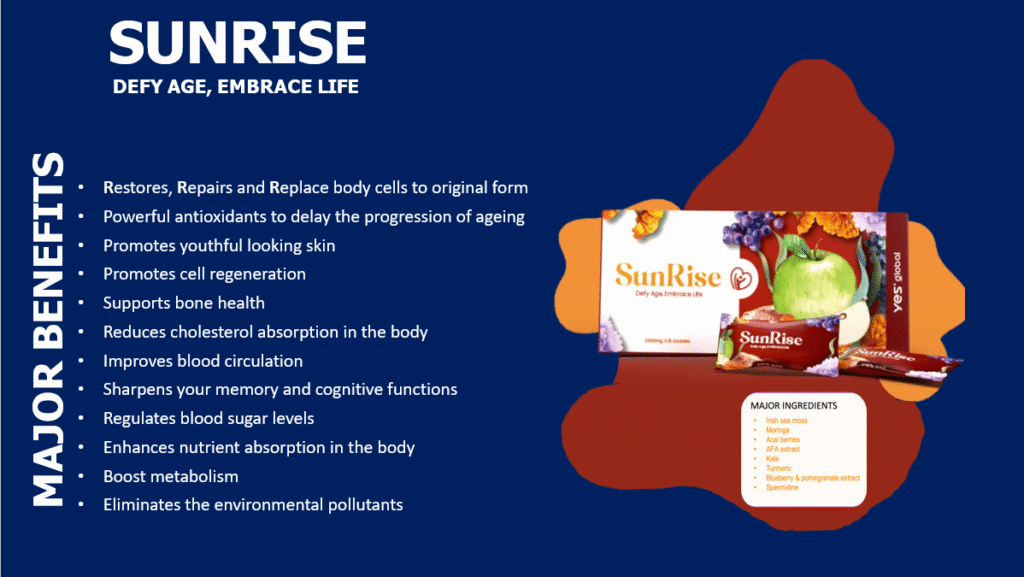
1. Vitamin C
Vitamin C, sometimes referred to as the “immunity vitamin,” is a potent antioxidant that increases white blood cell function. Citrus fruits and leafy greens naturally contain it, however during times of high stress or seasonal flu outbreaks, taking a 500–1000 mg daily supplement may be beneficial.
2. Vitamin D
Immune cell activation is greatly aided by vitamin D. Unfortunately, a lack of sun exposure causes low levels in many people. A daily intake of 1000–2000 IU of supplements might help sustain the best possible immune response, particularly throughout the winter months. Visit our shop Online.
3. Zinc
The growth and operation of immune cells depend on zinc. It can decrease the risk of infection and lessen the duration of colds. Zinc is abundant in foods like pumpkin seeds, beans, and oysters, but if your diet is deficient, it can help to take supplements (15–30 mg/day).
4. Taking Probiotics
To balance gut bacteria and boost immune systems, think about taking a high-quality probiotic supplement if you don’t eat meals high in probiotics every day.
5. Supplements Made of Herbs
- Elderberry: Helps maintain respiratory health and lessens the symptoms of the flu.
- Echinacea: Promotes immunological function.
- Curcumin, or turmeric: Boosts immunity and lowers inflammation.
(Tip: Before beginning a new supplement regimen, always get medical advice.)
Lifestyle Modifications: Everyday Routines That Strengthen Immunity
Your immune system is held together by your lifestyle choices, while nutrition and supplements serve as the framework.
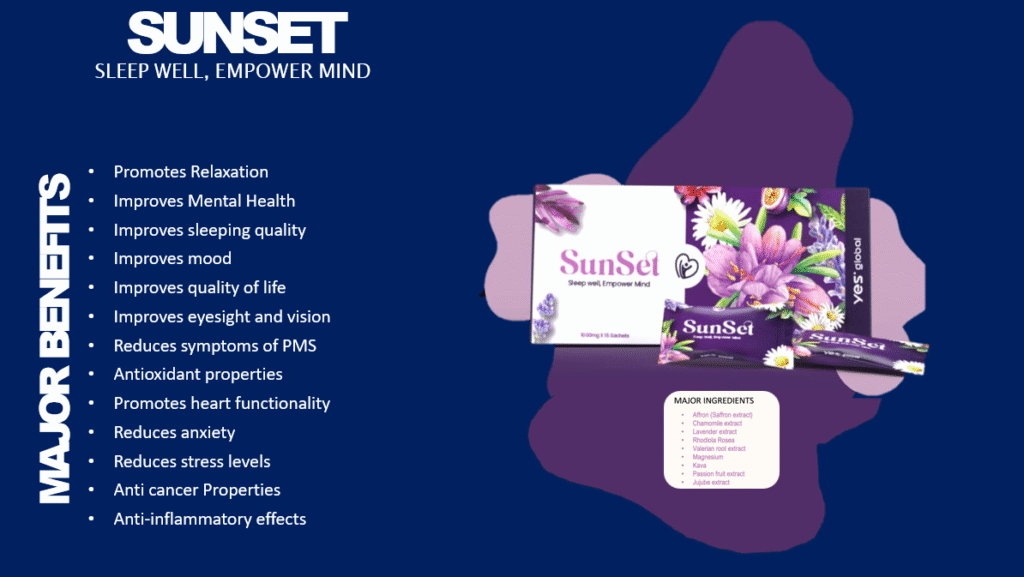
1. Give Quality Sleep Priority
Your body regenerates and restores itself as you sleep. Your immune system is weakened by inadequate sleep, leaving you more susceptible to diseases. Establish a nighttime routine, aim for 7 to 9 hours each night, turn off lights, stay away from screens, and keep your bedroom cold. Visit Our Shop.
2. Effectively Handle Stress
Cortisol, a hormone that inhibits immunological function, is released when there is ongoing stress. To maintain stress levels under control, include stress-relieving practices like yoga, meditation, deep breathing, or writing.
Read more at American Psychological Association (APA) – Stress Effects on the Body
3. Engage in Regular Exercise
The body’s defence mechanisms and immunological circulation are improved by moderate physical activity. Whether it’s strength training, dancing, cycling, or brisk walking, try to get in 30 minutes of exercise most days. Steer clear of overtraining since it can momentarily impair immunity.
4. Cut Back on Alcohol and Give Up Smoking
Smoking and excessive alcohol use weaken the immune system and make a person more susceptible to illnesses. Avoiding smoking and consuming less alcohol will greatly strengthen your immune system.
5. Keep Your Weight in Check
The immune system is weakened by inflammation, which is exacerbated by excess body fat. Maintaining a healthy diet and doing regular exercise help with immunity and weight control.
6. Maintain Proper Hygiene
Your exposure to dangerous germs is decreased by simple practices including washing your hands frequently, disinfecting frequently touched surfaces, and handling food safely.
An Example of a Daily Routine that Boosts Immunity
To tie things together, here is a basic daily schedule you can adhere to:
In the morning,
- Sip on some warm lemon water.
- Consume a multivitamin that contains probiotics and vitamin D.
- Savour a breakfast high in protein that includes whole-grain bread, eggs, and spinach.
At midday,
- Take a 30-minute brisk stroll or do some light exercise.
- Hydrate with green tea or water.
- Quinoa, mixed veggies, and lean protein (chicken, fish, or tofu) for lunch.
In the afternoon,
- Take a 5-minute-deep breathing or meditation session as a stress-relieving break.
- Eat some fruit, nuts, or seeds as a snack.
Evening:
- Roasted vegetables, leafy greens, and fatty fish make up a balanced supper.
- Avoid using screens right before bed.
- Relax with some mild stretching and herbal tea.
Concluding remarks
The foundation of your health is your immune system. You may strengthen your defences against disease and increase your general vitality by concentrating on your diet, supplements, and lifestyle choices. Keep in mind that adopting healthy habits consistently will have a greater impact on your immunity than any one food or substance that promises to do so overnight.
You’ll experience increased energy, fewer sick days, and a stronger body that is equipped to handle daily obstacles if you start small and gradually implement these exercises.
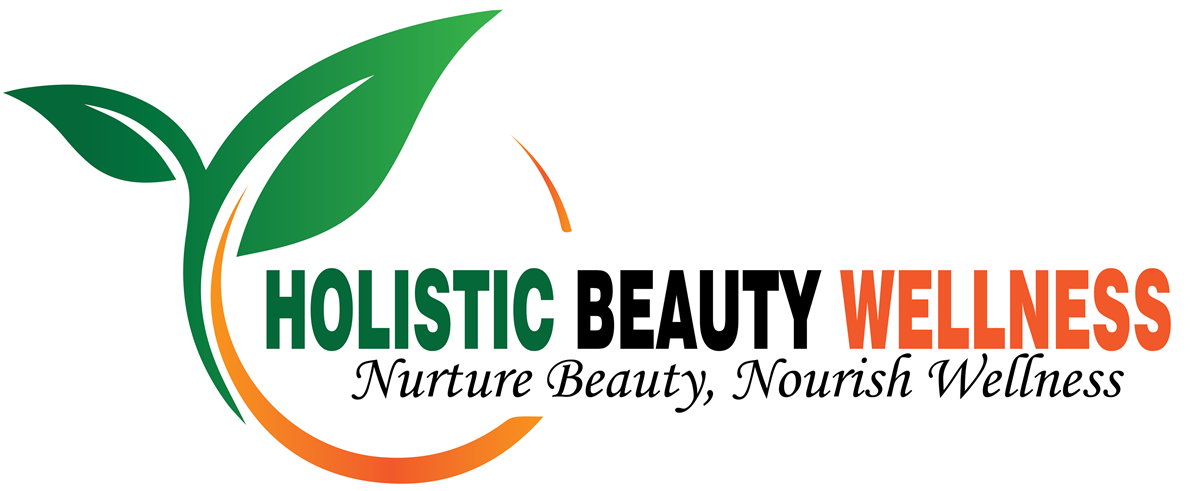










These are actually great ideas in about blogging. You have touched some fastidious things here. Any way keep up wrinting.
Thank you so much for the kind words! We’re really glad you found the ideas helpful and insightful. Your encouragement means a lot to us, and we’ll certainly keep sharing more valuable content. Thanks for taking the time to read and comment!